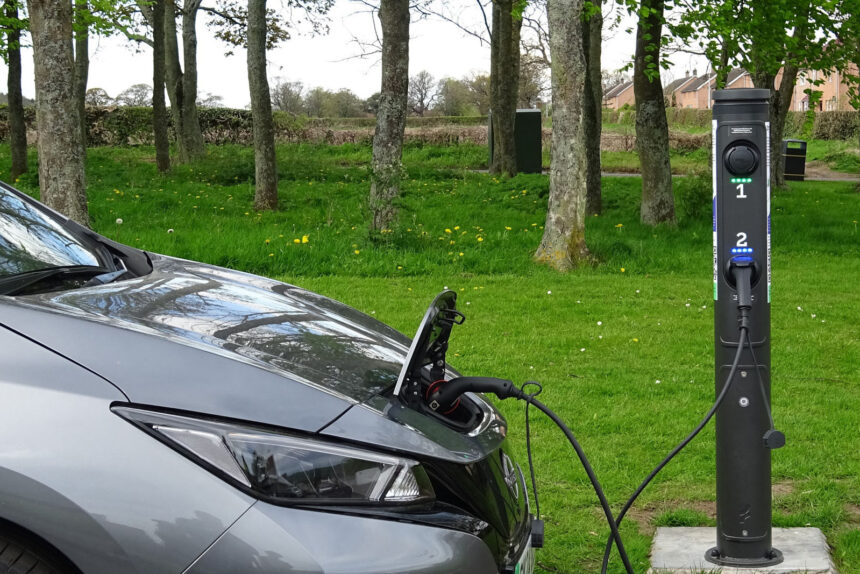BT Ends Pilot Scheme to Convert Signal Boxes into EV Chargers
BT has recently announced the conclusion of its pilot scheme to repurpose streetside signal boxes into electric vehicle chargers. This decision comes after the completion of only one conversion, raising questions about the future of the project.
The telecoms company had initially planned to expand the scheme to West Yorkshire, aiming to convert around 600 cabinets. The long-term goal was to install 60,000 to 90,000 chargers across the country by utilizing existing infrastructure connected to the national grid, thereby streamlining the installation process.
The concept behind the project was to leverage the connectivity of old cabinets to facilitate faster charger deployment. Once an area transitioned to fibreoptic internet, these cabinets could potentially accommodate multiple charger connectors, eliminating the need for bulky broadband cabling.
However, the solitary BT charger in East Lothian will be decommissioned on 14 February, as indicated in a notification sent to users of the Evve Charge app. This decision marks the end of the pilot scheme, signaling a shift in focus towards enhancing wi-fi connectivity for EV drivers.
According to reports from the Fast Charge newsletter, BT decided to discontinue the project in order to redirect efforts towards addressing the challenges faced by on-street EV drivers in accessing reliable charging infrastructure.
A spokesperson for BT highlighted the benefits of the pilot process in identifying key issues within the EV ecosystem and determining where the company can make a meaningful impact. Moving forward, BT aims to explore innovative solutions to improve the charging experience for EV users across the UK.







